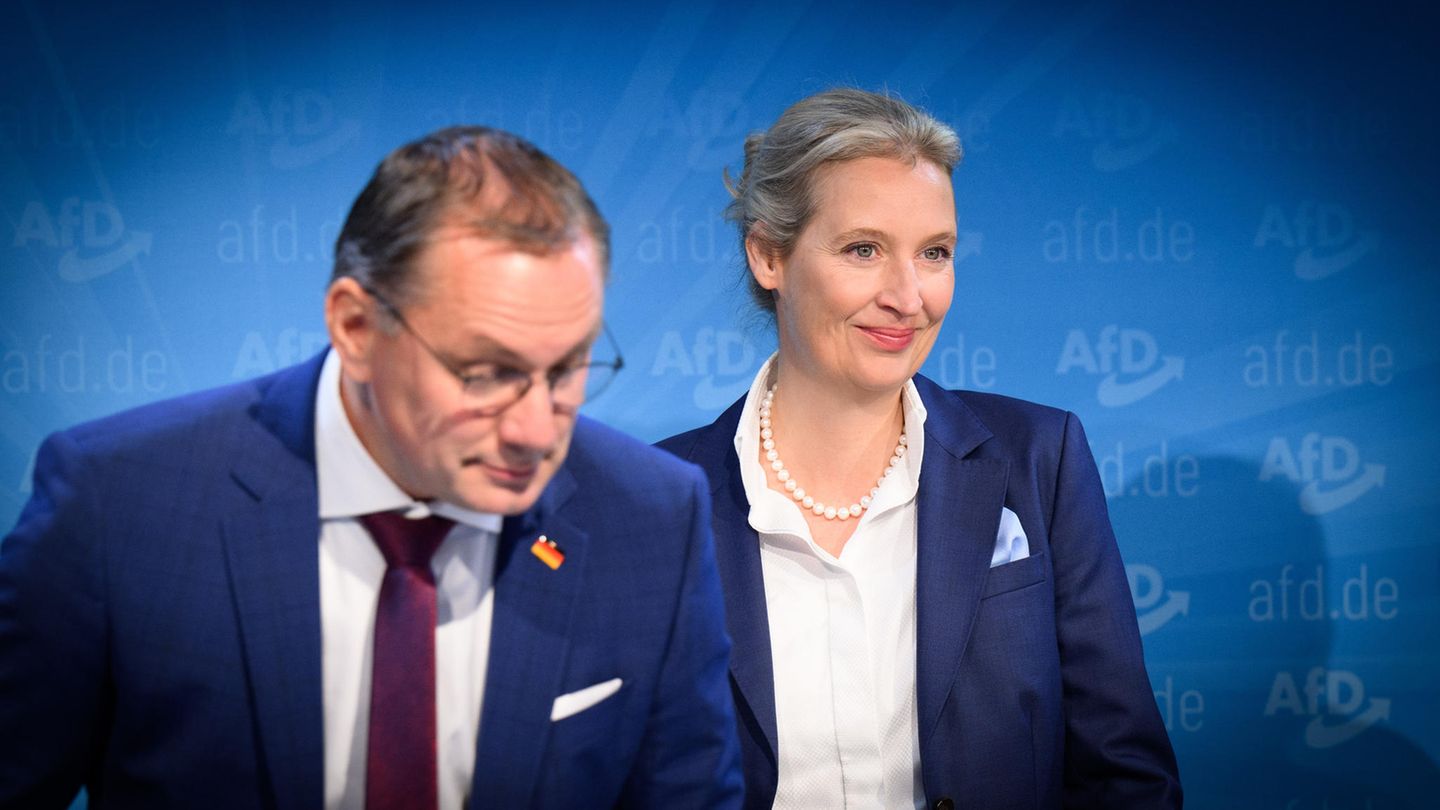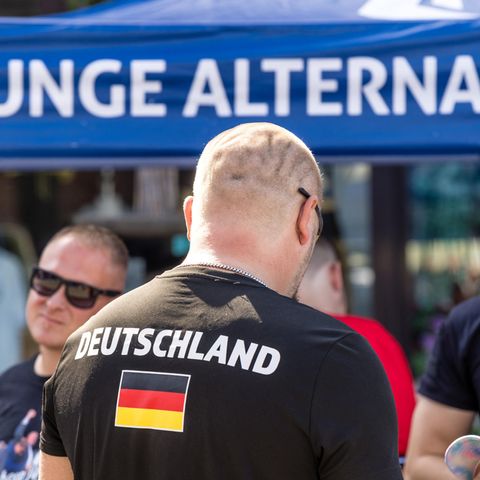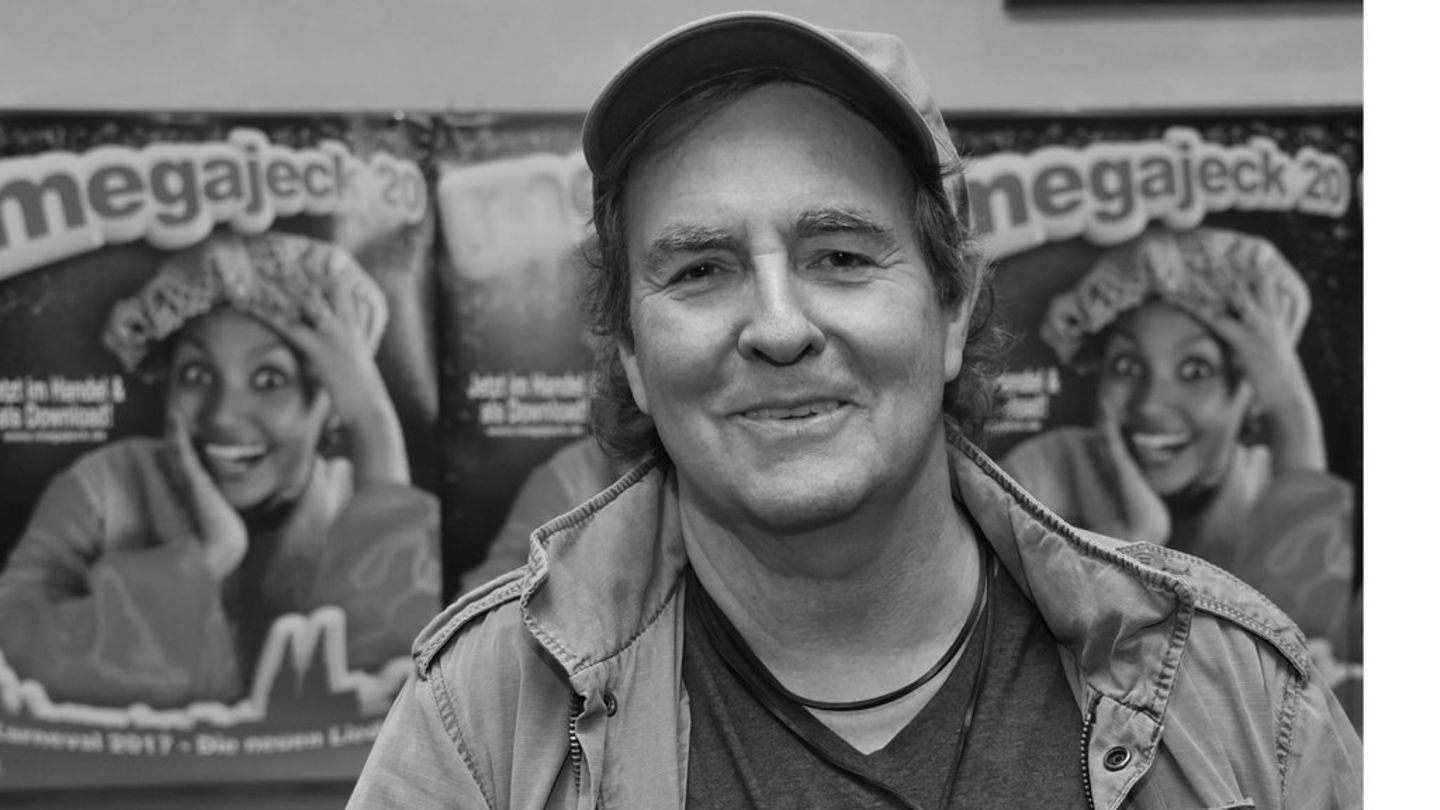Alice Weidel
The AfD is sending a woman into the election campaign as its candidate for chancellor for the first time
Copy the current link
For the first time, the AfD wants to nominate a candidate for chancellor. But can this work well? Alice Weidel seems contradictory. That could be her undoing in the election campaign.
For Alice Weidel, it is the highlight of her political career so far: On Saturday, the party executive committee nominated the 45-year-old as the first candidate for chancellor in the history of the AfD. This makes Weidel the undisputed number one in a notoriously restless party that has often made life difficult for its leaders. The AfD politician polarizes: icy sharpness in her choice of words and demeanor characterize Weidel’s public image.
Behind this picture is a politician whose profile, after years of maneuvering between the camps of the AfD, which is riddled with right-wing extremists, appears blurred and contradictory. The picture is made even more complex by Weidel’s private life circumstances as a woman who is raising two children in a lesbian relationship with a woman born in Sri Lanka.
So what does Alice Weidel stand for, how radical is she? “At least it promotes right-wing radicalism in Germany,” says Kassel politics professor and AfD expert Wolfgang Schroeder. Weidel was able to rise in the AfD because it is so politically flexible: “It oscillates between a conservative right-wing and a right-wing radical course.”
“An opportunist”
As a woman in a party dominated by men, Weidel is an exception. Weidel’s rise to party and faction leader in the AfD is “surprising at first glance,” says political scientist Anna-Sophie Heinze from the University of Trier. “As a West German woman, even as a homosexual woman, she has some problems connecting this with her party’s ideology.”
In essence, Weidel is “an opportunist,” says Heinze. “She tries to steer away from the issue of homosexuality. When she’s asked about it, she tries to turn it very strongly towards anti-gender and pro-Christian conservative values.”
In the upcoming election campaign, the Weidel AfD is adopting a nationalist tone: it wants to get out of the EU and the Eurozone, is calling for a strict anti-migration policy, wants to restrict the right to abortion and strengthen traditional family models.
Alice Weidel seems contradictory to many
The Green MP Sven Lehmann, who holds the office of the federal government’s queer commissioner, refers to the “hatred and malice” from the AfD, especially towards non-traditional family models – and to the contradictions of the candidate Weidel. “How much self-denial does Alice Weidel have to make every day to be the leader of this AfD?” says Lehmann.
Weidel, who has a doctorate in economics, cited her opposition to the euro rescue policy of the then federal government as the reason for joining the newly founded AfD in 2013. She had made a career as an employee of an asset manager and an investment bank and lived in China for years.
Weidel’s central theme is now the alleged collapse of internal security as a result of immigration. In her speeches in the Bundestag, Weidel regularly polemicizes against immigrants. She speaks of “knife men” and “headscarf girls” with cold contempt.
Both AfD wings need candidates for chancellor
The first nomination of a candidate for chancellor may mark the beginning of a new phase in the AfD. So far, the party has enjoyed the role of fundamental opposition. With Weidel’s election as candidate for chancellor, the AfD is now making a clearer claim to political participation than before.
In nationwide surveys, the AfD is currently the second strongest party – but “far from any ability to form a coalition,” as politics professor Schroeder says. Schroeder sees Weidel as a representative of the “parliamentary wing” in the AfD, which wants to govern as part of a coalition in the long term. At the same time, Weidel also has to serve that part of the party that the professor describes as the “street-oriented wing”.
This is a wing “that strives for a fundamental transformation of the Federal Republic of Germany beyond the free-democratic basic order and represents a deeply ethnic, authoritarian, nationalist position,” says Schroeder. Weidel can only be sure of her party’s support if she serves both wings – a balancing act. There will probably not be a Chancellor Weidel any time soon.
AFP
cl
Source: Stern
I have been working in the news industry for over 6 years, first as a reporter and now as an editor. I have covered politics extensively, and my work has appeared in major newspapers and online news outlets around the world. In addition to my writing, I also contribute regularly to 24 Hours World.






